Home>Gardening & Outdoor>Landscaping Ideas>When To Plant Summer Grass In Arizona
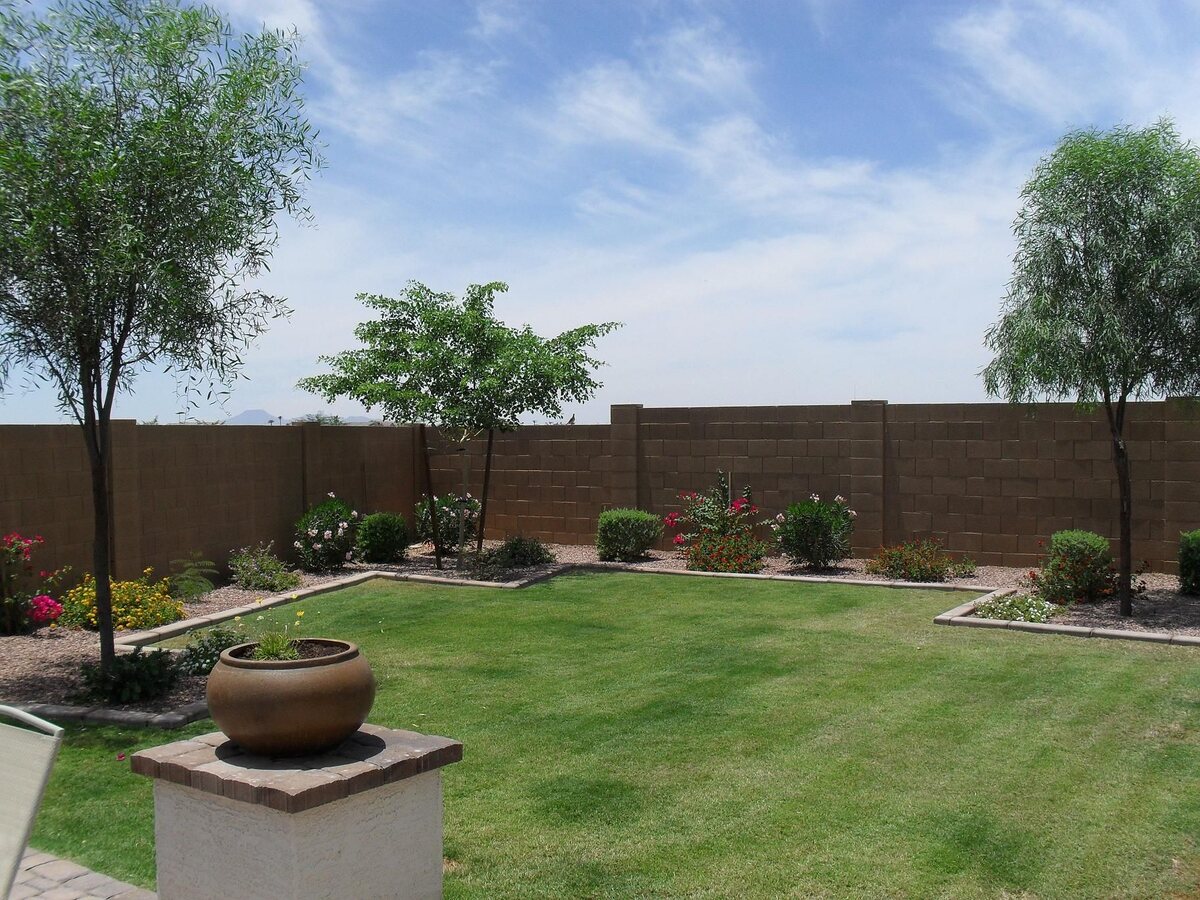

Landscaping Ideas
When To Plant Summer Grass In Arizona
Modified: October 18, 2024
Discover the best time for summer grass planting in Arizona with expert landscaping ideas for a lush, vibrant lawn. Learn when to start your landscaping project today!
(Many of the links in this article redirect to a specific reviewed product. Your purchase of these products through affiliate links helps to generate commission for Storables.com, at no extra cost. Learn more)
Introduction
So, you've decided to give your Arizona lawn a summer makeover? That's an excellent choice! A lush, vibrant lawn not only enhances the aesthetic appeal of your property but also provides a welcoming outdoor space for relaxation and recreation. However, achieving a thriving summer lawn in Arizona requires careful planning and strategic execution. From understanding the unique climate of Arizona to selecting the right grass variety and determining the optimal planting time, there are several crucial factors to consider.
In this comprehensive guide, we will delve into the specifics of planting summer grass in Arizona, offering valuable insights and expert tips to help you achieve the lawn of your dreams. Whether you're a seasoned homeowner or a first-time gardener, this article will equip you with the knowledge and confidence to embark on a successful summer grass planting journey. So, grab a refreshing beverage, put on your gardening gloves, and let's explore the fascinating world of Arizona landscaping!
Key Takeaways:
- Choose Bermuda grass, Zoysia grass, or Bahia grass for a lush Arizona lawn. Plant in late spring to early summer for optimal growth and resilience.
- Prepare your lawn by clearing, leveling, and optimizing soil before planting. Monitor and maintain the new grass for a thriving, vibrant landscape.
Read more: How To Plant Summer Grass In Arizona
Understanding the Climate in Arizona
Before diving into the nuances of planting summer grass, it’s essential to grasp the unique climate of Arizona. Known for its arid desert landscapes and scorching temperatures, Arizona experiences a climate that poses distinct challenges for maintaining a healthy lawn. The state is characterized by its hot, dry summers, with temperatures often soaring well above 100°F (37.8°C). Additionally, low humidity levels and periodic drought conditions further contribute to the demanding environment for grass and plants.
Arizona’s diverse topography also influences its climate, with varying conditions across different regions. From the Sonoran Desert in the south to the high-elevation plateaus in the north, the state showcases a range of microclimates, each with its own set of environmental factors.
Given these conditions, it’s crucial to select grass varieties that are well-adapted to Arizona’s climate. Drought-tolerant species that can withstand intense heat and minimal water availability are particularly well-suited for the state’s environmental challenges. Understanding the climate of Arizona will not only inform your choice of grass but also guide your approach to lawn maintenance and care throughout the summer months.
Choosing the Right Grass for Arizona
When it comes to selecting the ideal grass for your Arizona lawn, it’s paramount to prioritize resilience and adaptability. Given the state’s arid climate and scorching summers, opting for a grass variety that can thrive in such conditions is crucial for long-term success. Several warm-season grasses have proven to be well-suited for Arizona’s climate, offering both durability and aesthetic appeal.
One popular choice for Arizona lawns is Bermuda grass. Renowned for its exceptional heat tolerance and rapid growth, Bermuda grass flourishes in the intense sunlight and high temperatures prevalent during Arizona’s summers. Its fine texture and vibrant green hue make it a visually appealing option for homeowners seeking a lush, manicured lawn.
Zoysia grass is another resilient option well-suited for Arizona’s climate. Known for its drought tolerance and ability to withstand foot traffic, Zoysia grass thrives in the heat and exhibits remarkable resilience in the face of water scarcity. Its dense growth pattern and attractive appearance make it a desirable choice for lawns in Arizona.
Bahia grass, with its excellent heat tolerance and low water requirements, is also a viable option for Arizona homeowners. This hardy grass variety is well-adapted to the state’s climate, making it a practical and sustainable choice for lawns that endure the rigors of Arizona’s summer weather.
Ultimately, the choice of grass should align with your specific preferences, maintenance capabilities, and the intended use of your lawn. Whether you prioritize drought resistance, rapid growth, or a lush aesthetic, there is a warm-season grass variety ideally suited to meet your landscaping needs in Arizona.
Best Time to Plant Summer Grass in Arizona
Timing plays a pivotal role in the successful establishment of summer grass in Arizona. Given the state’s unique climate and weather patterns, it’s essential to identify the optimal window for planting to ensure the grass has the best chance of thriving. In Arizona, the ideal time to plant summer grass varies depending on the specific grass variety and the region’s microclimate. However, as a general guideline, the late spring to early summer period is often considered the most favorable for initiating the planting process.
During this timeframe, the soil temperature begins to rise, creating favorable conditions for grass seed germination and root development. The transition from late spring to early summer also aligns with the onset of the monsoon season in Arizona, characterized by increased humidity and occasional rainfall. This natural watering can provide valuable moisture to support the initial growth of newly planted grass, aiding in its establishment.
For warm-season grasses such as Bermuda grass and Zoysia grass, the late spring to early summer window allows ample time for the grass to establish robust root systems before the peak of summer heat sets in. This strategic timing enhances the grass’s ability to withstand the intense temperatures and dry conditions that characterize Arizona’s summers.
It’s important to note that the specific timing for planting summer grass may vary based on the region within Arizona. Factors such as elevation, local climate variations, and microclimates can influence the ideal planting window. Consulting with local horticultural experts or landscape professionals can provide valuable insights tailored to your specific location within the state.
By strategically aligning the planting of summer grass with the optimal timing, homeowners in Arizona can set the stage for a thriving, resilient lawn that enhances the beauty and livability of their outdoor spaces.
The best time to plant summer grass in Arizona is during the late spring or early summer, when the soil temperature is consistently above 65°F. This will give the grass enough time to establish before the intense heat of summer.
Preparing Your Lawn for Planting
Before embarking on the exciting journey of planting summer grass in Arizona, it’s essential to ensure that your lawn is adequately prepared to foster the growth and vitality of the new grass. Proper preparation sets the stage for successful establishment and long-term health, laying the foundation for a lush and resilient lawn that can withstand the rigors of Arizona’s climate. Here are essential steps to prepare your lawn for planting summer grass:
- Clearing and Leveling: Begin by thoroughly clearing the area where you intend to plant the grass. Remove any debris, rocks, or existing vegetation to create a clean and level surface for the new grass to take root. Addressing any uneven terrain or dips in the soil is crucial for promoting uniform growth and appearance.
- Soil Preparation: Conduct a soil test to assess its composition and nutrient levels. Based on the results, amend the soil as needed to optimize its texture and fertility for grass growth. Incorporating organic matter, such as compost or well-decomposed manure, can enhance the soil’s structure and provide essential nutrients for the developing grass.
- Irrigation Planning: Evaluate the existing irrigation system or plan for efficient watering methods to ensure consistent moisture for the newly planted grass. Adequate irrigation is particularly critical during the initial stages of establishment, supporting root development and overall growth.
- Weed Control: Address any existing weeds or invasive vegetation in the planting area. Implement targeted weed control measures to minimize competition for resources and create an optimal environment for the new grass to thrive.
- Choosing High-Quality Seed or Sod: Whether opting for seed or sod, prioritize high-quality grass material from reputable sources. Selecting the right grass variety suited for Arizona’s climate and your specific lawn conditions is essential for achieving long-term success.
By meticulously preparing your lawn for the introduction of summer grass, you set the stage for robust growth and resilience, ensuring that your new lawn thrives in Arizona’s challenging climate. Thoughtful preparation not only enhances the initial establishment process but also contributes to the long-term health and beauty of your outdoor space.
Read more: When To Plant Grass In Arizona
Tips for Successful Summer Grass Planting in Arizona
Embarking on the journey of planting summer grass in Arizona presents a rewarding opportunity to transform your outdoor space into a vibrant, inviting landscape. To ensure the success of your lawn establishment endeavor, consider the following expert tips tailored to the unique challenges and opportunities of Arizona’s climate:
- Opt for Warm-Season Grasses: Choose warm-season grass varieties that are well-adapted to Arizona’s climate, such as Bermuda grass, Zoysia grass, or Bahia grass. These resilient species thrive in the intense heat and low water availability typical of Arizona’s summers.
- Strategic Watering: Implement a consistent watering schedule to support the initial growth of newly planted grass. While avoiding overwatering is essential, especially in Arizona’s arid environment, providing adequate moisture during the establishment phase is critical for root development and overall vitality.
- Utilize Shade and Windbreaks: During the early stages of grass establishment, consider utilizing temporary shade structures or natural windbreaks to protect the young grass from excessive heat and desiccating winds. This can aid in minimizing stress on the developing plants and promoting healthy growth.
- Maintain Soil Moisture: Employ mulching techniques to conserve soil moisture and reduce water evaporation. Organic mulch materials can help regulate soil temperature and moisture levels, creating a favorable environment for the newly planted grass to thrive.
- Regular Monitoring and Maintenance: Keep a close eye on the progress of your newly planted grass, monitoring its growth and responding promptly to any signs of stress or nutrient deficiencies. Implement a consistent maintenance routine, including mowing at the appropriate height and addressing any pest or disease issues that may arise.
- Consider Professional Assistance: If navigating the nuances of summer grass planting in Arizona feels daunting, consider seeking guidance from local landscaping professionals or horticultural experts. Their expertise can provide valuable insights and tailored recommendations to optimize the success of your lawn establishment project.
By incorporating these tips into your approach to summer grass planting, you can enhance the resilience and vitality of your lawn, creating a stunning outdoor oasis that thrives in Arizona’s challenging climate. With thoughtful planning and strategic care, your newly planted grass can flourish, enriching your outdoor living experience and adding natural beauty to your surroundings.
Conclusion
As you venture into the realm of summer grass planting in Arizona, you embark on a journey that intertwines nature, creativity, and the pursuit of a vibrant outdoor haven. Understanding the distinctive climate of Arizona, selecting the right grass variety, and strategically timing the planting process are pivotal steps in nurturing a resilient and visually captivating lawn. By embracing the challenges and opportunities presented by Arizona’s environment, you can cultivate a landscape that thrives despite the arid heat and occasional drought conditions.
Preparation is key, from clearing and leveling the planting area to optimizing soil fertility and irrigation strategies. Thoughtful attention to these foundational elements sets the stage for successful grass establishment, fostering robust growth and long-term health. Embracing warm-season grass varieties that demonstrate exceptional heat tolerance and drought resistance empowers you to create a resilient, inviting lawn that complements the unique character of Arizona’s outdoor spaces.
Throughout the planting and establishment process, consider the importance of strategic watering, shade provision, and vigilant maintenance. These elements play a crucial role in nurturing the young grass and promoting its strength and vitality in the face of Arizona’s challenging climate. Embracing the guidance of local experts and leveraging proven tips tailored to Arizona’s environment can further enhance the success of your summer grass planting endeavor.
As you witness the transformation of your outdoor landscape, envision the possibilities that await—a lush, vibrant lawn that beckons you to embrace the beauty of Arizona’s outdoor living. With each blade of resilient grass that takes root, you contribute to the creation of a natural sanctuary, a space where the beauty of the desert landscape converges with the allure of a thriving, verdant oasis.
Ultimately, the journey of summer grass planting in Arizona is a testament to the harmonious interplay between human stewardship and the resilience of nature. Through careful planning, thoughtful care, and a touch of creativity, you can cultivate a landscape that embodies the spirit of Arizona, embracing the sun-drenched beauty and the enduring allure of a flourishing, vibrant lawn.
Frequently Asked Questions about When To Plant Summer Grass In Arizona
Was this page helpful?
At Storables.com, we guarantee accurate and reliable information. Our content, validated by Expert Board Contributors, is crafted following stringent Editorial Policies. We're committed to providing you with well-researched, expert-backed insights for all your informational needs.

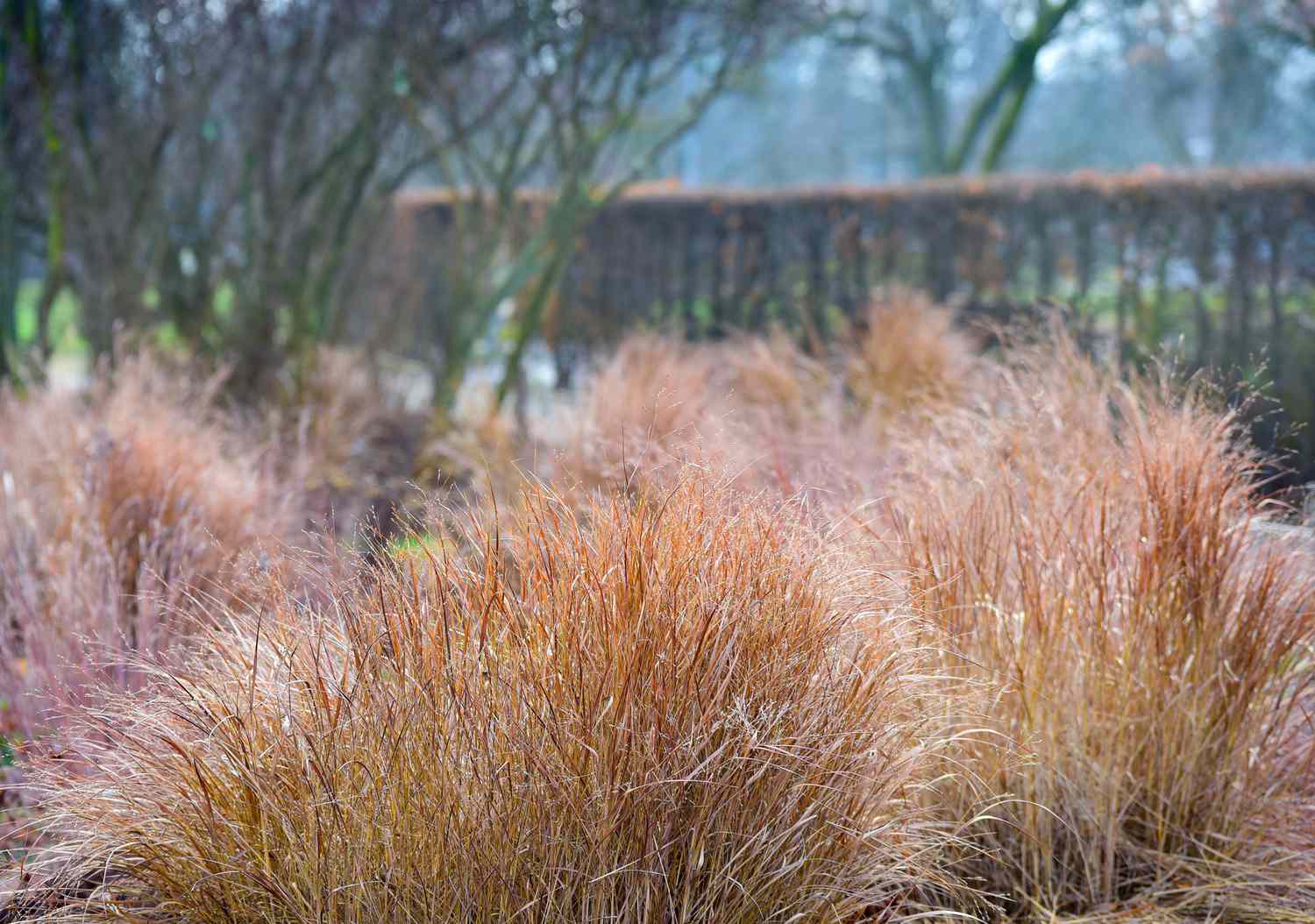
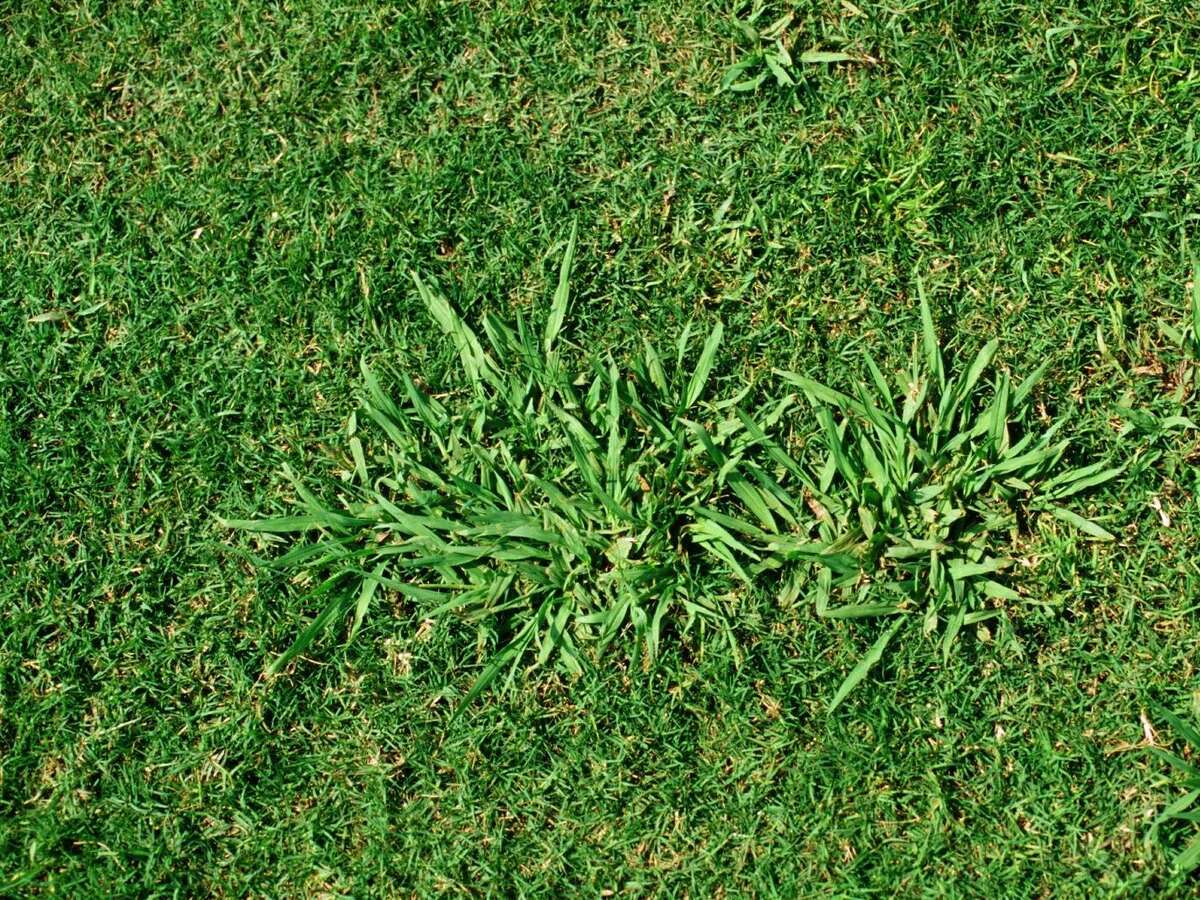

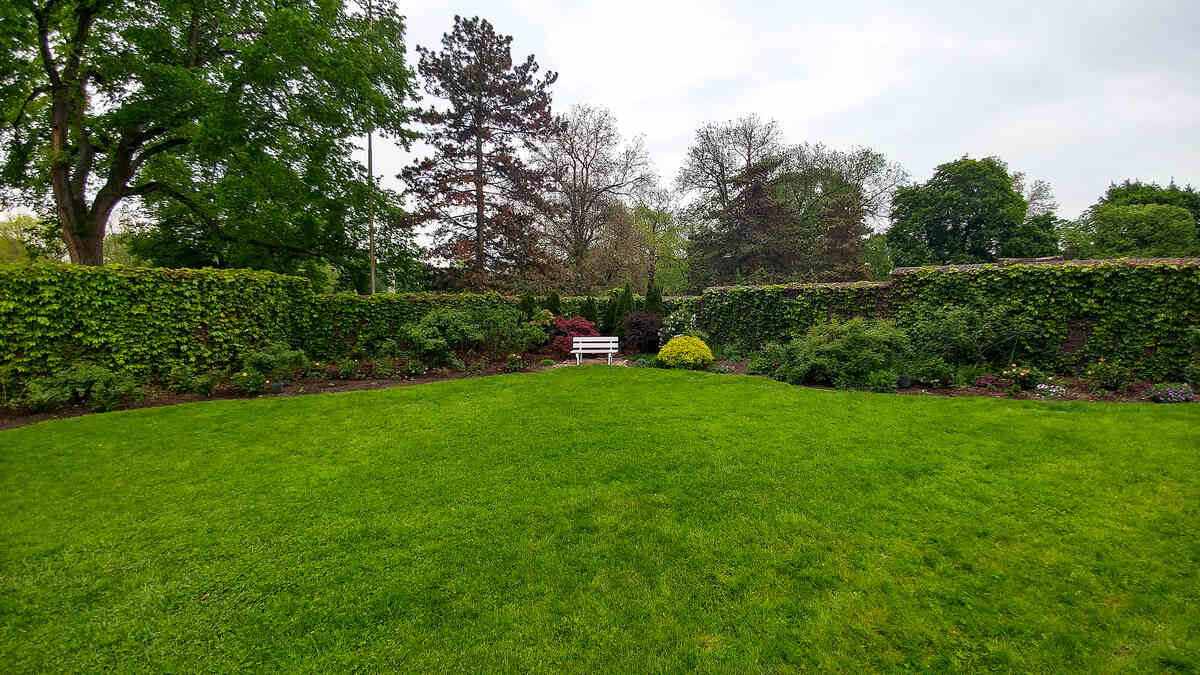
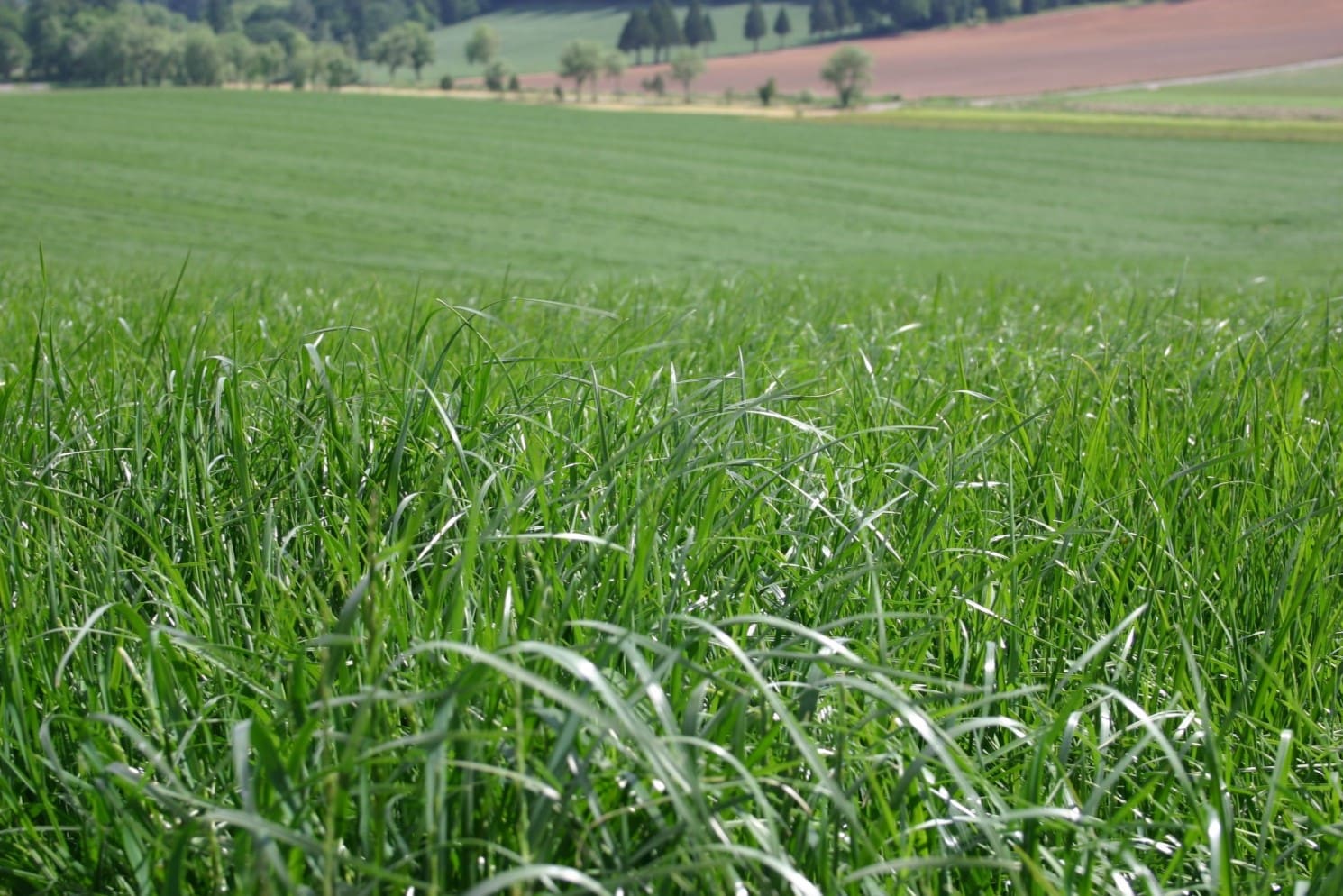




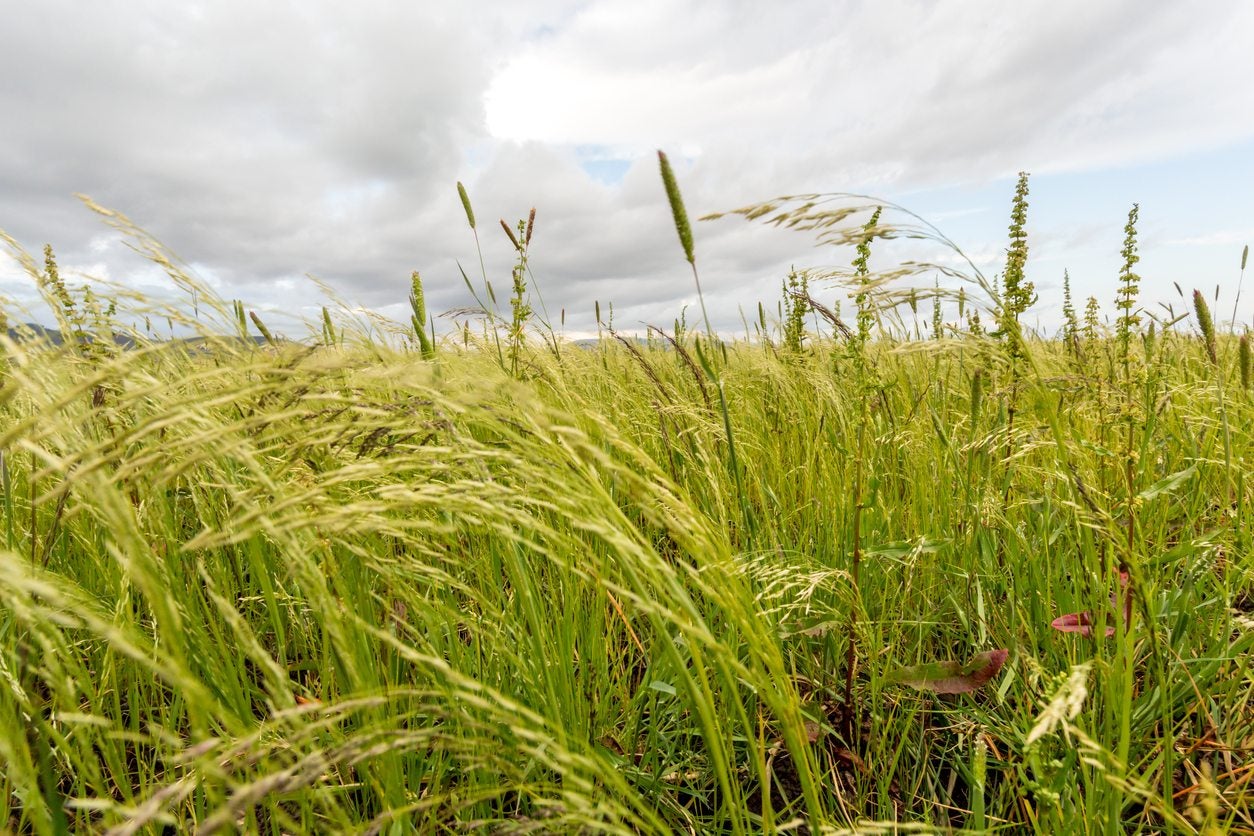
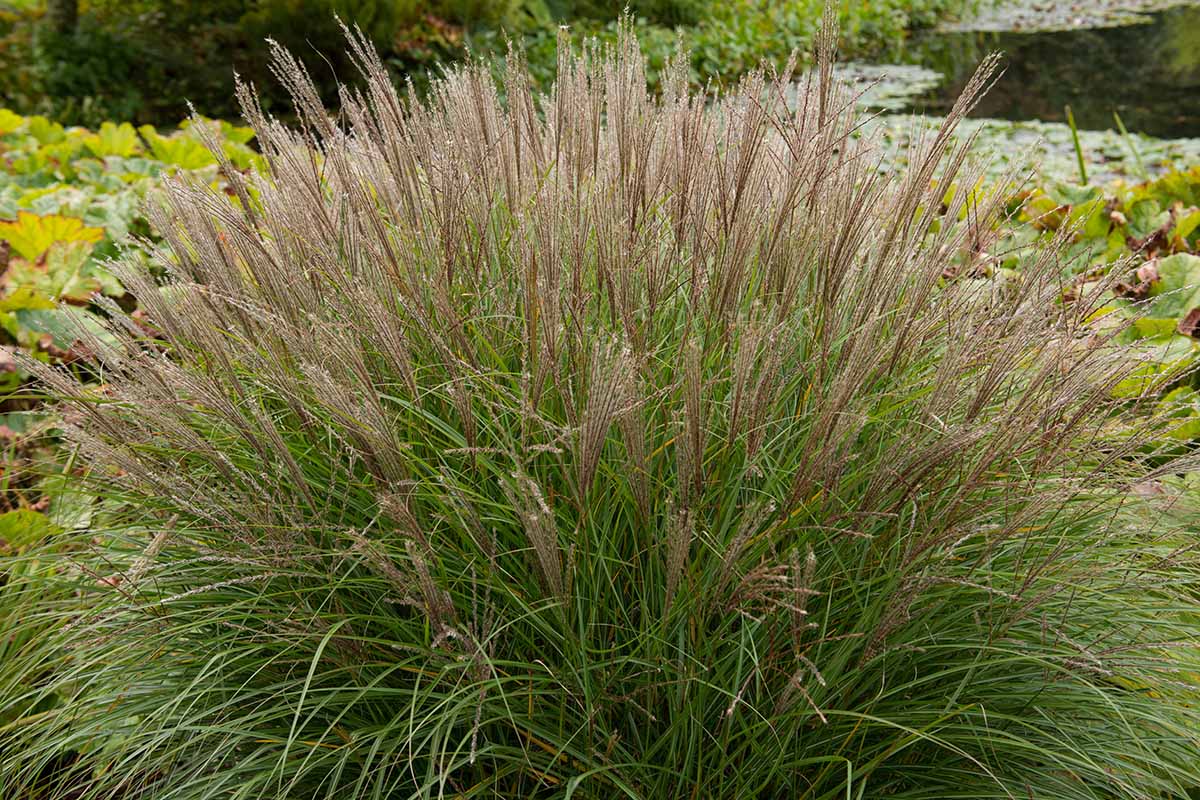
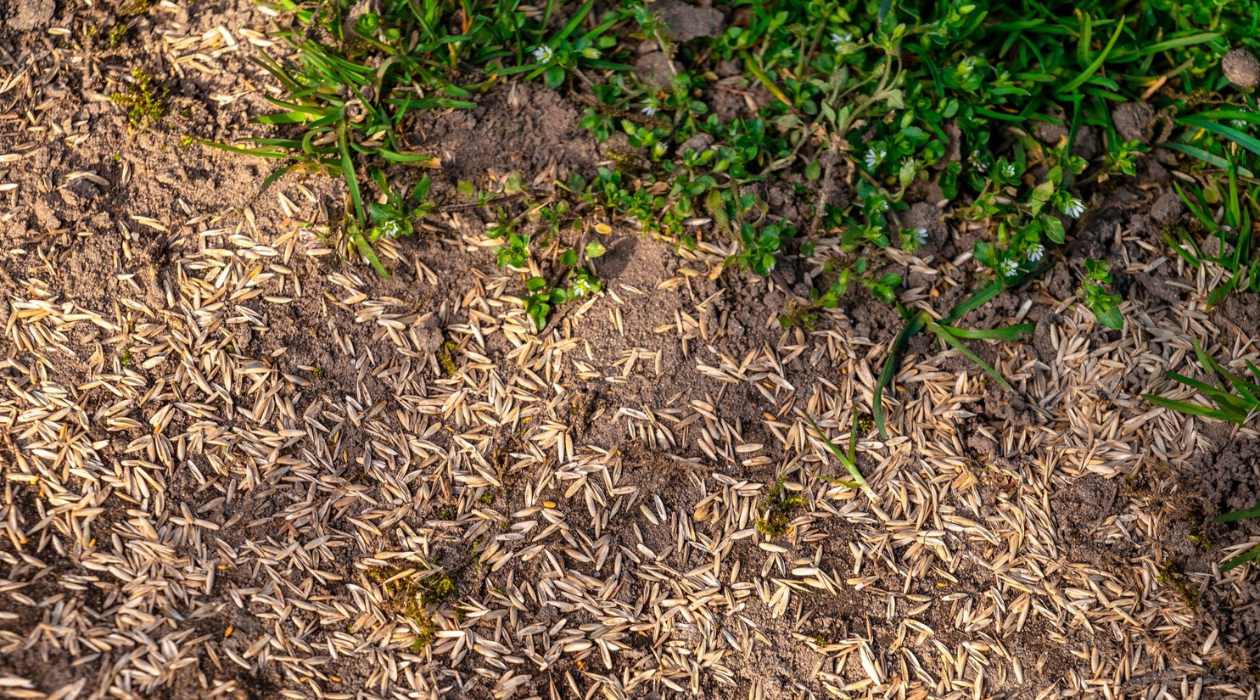
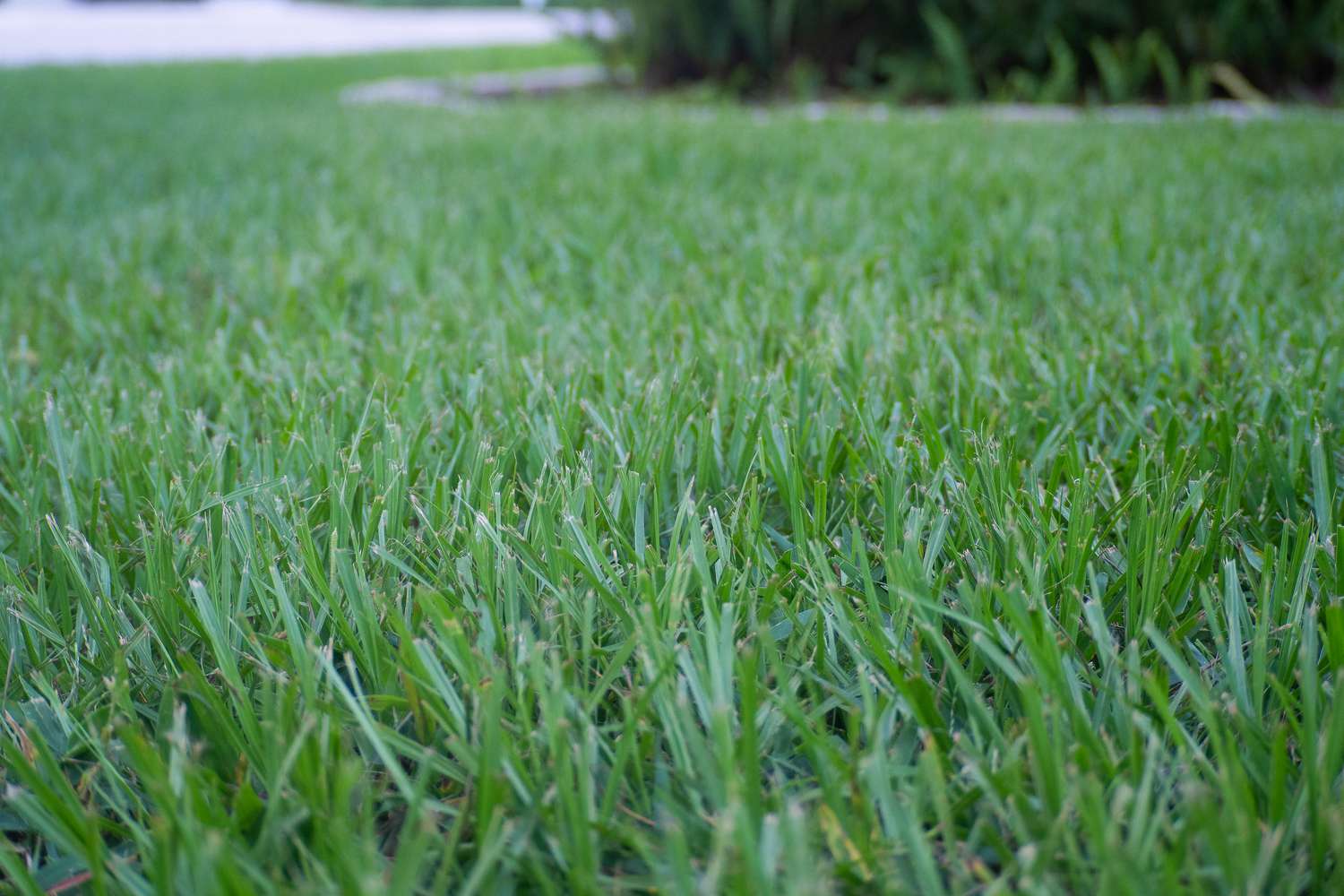

0 thoughts on “When To Plant Summer Grass In Arizona”